Many Wisconsinites want to help besieged Ukrainians right now by contributing to charities, but the WICPA and state government agencies are warning consumers that many charity scams take advantage of the crisis.
Taking the time to research charities can help donors make certain that their donations are being used for the intended purpose.
The first step is determining whether the charity is a Sec. 501(c)(3) not-for-profit organization. Using the IRS exempt organization search can help with that. You can also search for a charity via the Wisconsin Department of Financial Institutions website. Several other websites offer additional information.
GuideStar provides access to recent IRS Form 990, Return of Organization Exempt From Income Tax, filings, which potential donors can use to gauge how much a not-for-profit spends on programs.
Charity Navigator and other organizations rate charities on several criteria, but individuals should pay close attention to the basis of the ratings.
Experts advise consumers to never donate money over the phone, click links in suspicious email solicitations or give in to high-pressure tactics insisting on immediate contributions. Other tips include:
- Slowing down. You don’t have to give immediately. It’s worth repeating that doing some upfront research can potentially spare you headaches down the road.
- Making sure you're visiting the correct website when donating. Again, GuideStar and Charity Navigator can help. Rather than clicking on a link, refer to a reputable site to get the real URL and then type it in manually.
- Knowing who’s asking for donations. Don’t assume a request to donate is legitimate because a friend posted it on social media. Your friend might not personally know the charity or how it spends money.
- Not paying with cash or a debit card. A credit card provides more security.
- Checking your accounts regularly after donating. Look for any suspicious activity or unauthorized charges. Turn on notifications, through your bank or a banking app, that will track your credit card transactions and alert you to account activity.
For additional information or to file a complaint, visit the state's Consumer Protection Bureau website, send an email to DATCPHotline@wisconsin.gov or call the Wisconsin Consumer Protection Hotline at 800-422-7128.
